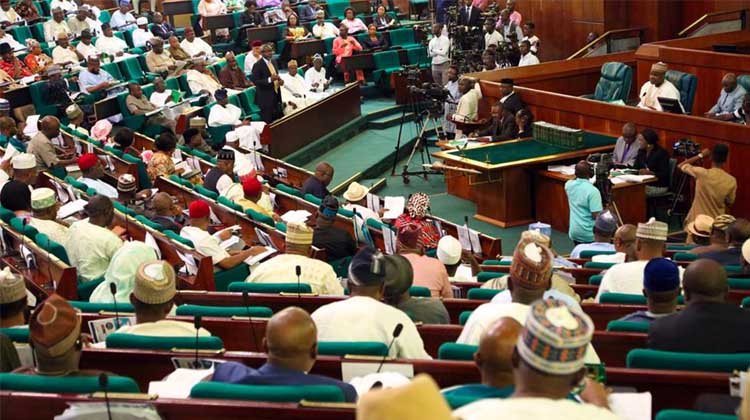
The Chairman, Centre for Anti-Corruption and Open Leadership, Debo Adeniran, has expressed the hope that elections will no longer be a do-or-die affair in Nigeria once the National Electoral Offences Commission and an Electoral Offences Tribunal come on board.
Adeniran spoke with The PUNCH on Thursday shortly after the House of Representatives passed for second reading a bill seeking to create a National Electoral Offences Commission and an Electoral Offences Tribunal.
The House had harmonised the version earlier passed by the Senate and transmitted to it for concurrence with five similar bills sponsored by its members.
The consolidated bill was jointly sponsored by the Majority Leader, Alhassan Ado-Doguwa (on behalf of the Senate); Chairman, House Committee on Electoral Matters, Aishatu Dukku; John Dyeh, Francis Uduyok and Kingley Chinda.
The legislation is titled, ‘A bill for an Act to establish the National Electoral Offences Commission and the Electoral Offences Tribunal to provide for the legal framework for investigation and prosecution of electoral offences for the general improvement of the electoral process in Nigeria; and for related matters.’
At the plenary on Thursday, the Majority Whip, Mohammed Monguno, who led the debate on the bill on behalf of the Majority Leader, justified the proposal, while highlighting the benefits for the electoral system and the electorate.
“This bill is very relevant and germane to the dream or quest for Nigeria to attain a truly democratic status in the comity of nations, especially against the backdrop of the clamour to deliver an election that is transparent, fair and accountable to the yearnings and aspirations of the people of this country,” Monguno said.
In her contribution, Dukku noted that electoral crimes lead to low quality, corrupt and violent political leadership.
She added that the situation helps election riggers and offenders to take control of the government against the democratic will of the electorate.
Dukku said, “INEC clearly does not have the needed human capacity to prosecute electoral offences committed across Nigeria’s 119,973 polling units, 8,809 wards, 360 federal constituencies, 109 senatorial districts and 774 local government areas.
“By these statistics, it is unrealistic to expect INEC to conduct free, fair and credible elections, and simultaneously prosecute offences arising from the same elections.
“Indeed, INEC itself has admitted that it lacks the wherewithal to cleanse the system. Its failure to prosecute even one per cent of the 870,000 alleged electoral offences in the 2011 elections is an affirmation of the necessity of a paradigm shift on how we deal with electoral offences.”
Commenting on the development, Adeniran observed that there has not been any punishment for those who committed electoral malpractices, noting that the commission would ensure that offenders are adequately punished.
“Elections won’t be a do-or-die affair anymore and we believe that all electoral offences would be taken care of; from manipulation of voters’ registration to carting away of ballot boxes,” he said.
The All Progressives Congress and the Peoples Democratic Party could not be reached for comment on Thursday as their respective spokespersons, Felix Morka and Debo Ologunagba, did not respond to requests for comment.
As of the time of going to press, they have yet to respond to a text message sent to them.




